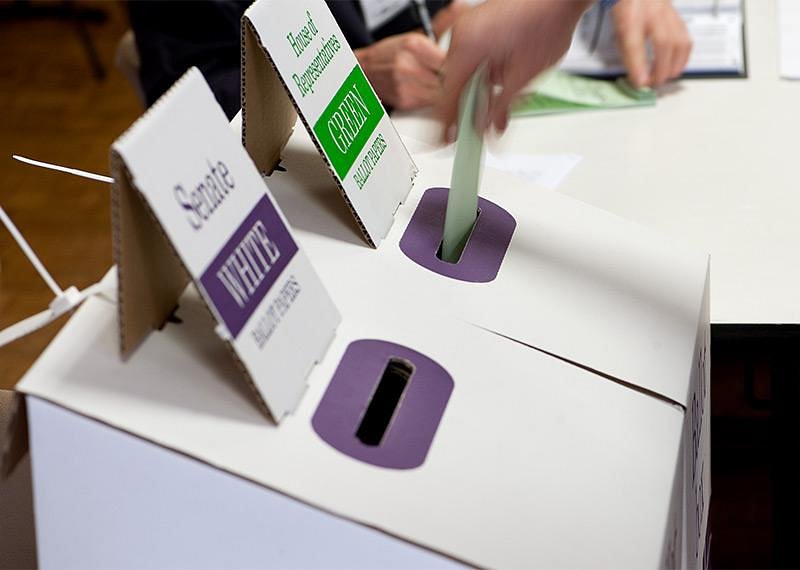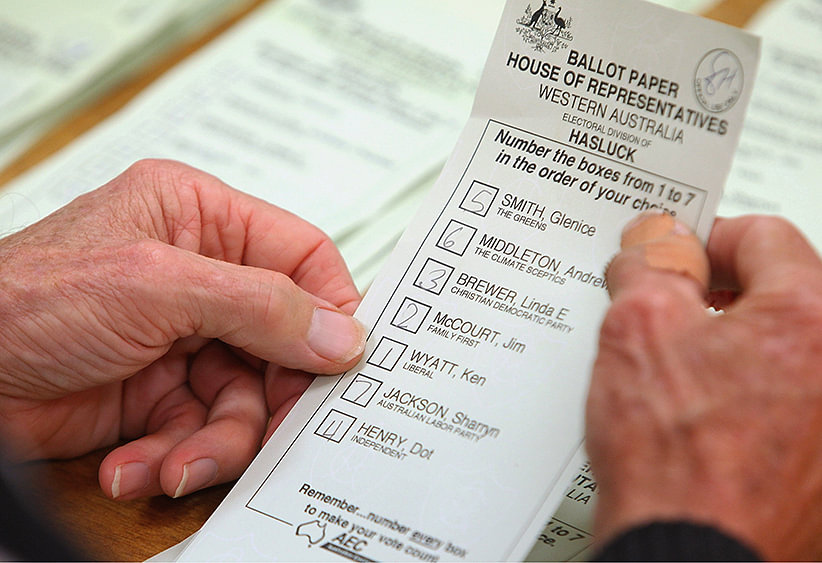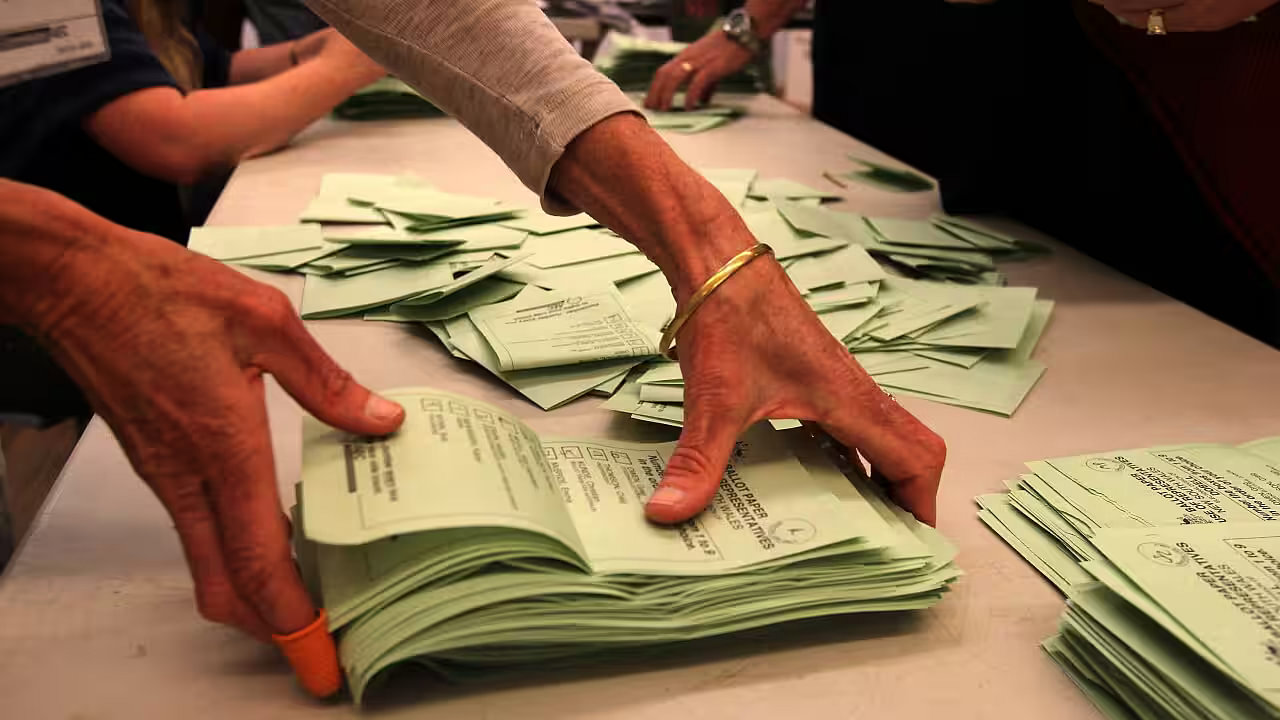
Unveiling the Peculiarities of Australian Elections: Compulsory Voting and Preferential Balloting
Australian democracy is as complex as it is unique. With its blend of British heritage and innovative electoral systems, understanding how Australia conducts its political business requires a closer look. Pete and his guests unravel the intricacies of Australian political mechanisms in a truly informative and accessible conversation. From the role of the Australian Electoral Commission to the nitty-gritty of preferential voting, this article peels back the layers of Australia's election process.
Key Takeaways:
-
Compulsory Voting: Unlike many democracies, Australian citizens are required to vote, and failure to do so can result in a fine.
-
Independent Electoral Process: Australia's elections are conducted by an impartial entity, ensuring a fair democratic process.
-
Preferential Voting System: Rather than a simple majority vote, Australians rank candidates in order of preference, impacting election outcomes.
Mandatory Participation in Democracy
A standout feature of Australian politics is the mandatory nature of voting. Unlike countries like the United States, where voting is a right that can be exercised at will, Australian citizens over the age of 18 are legally obliged to participate in the electoral process.
"And it is compulsory. And if you do not vote, you can be fined," states Pete, highlighting a significant difference from other democracies.
The implications of compulsory voting are profound, impacting voter turnout rates, civic engagement, and ultimately, the shaping of the government. This system has been deemed both a step towards a more engaged democracy and a point of contention for those arguing it infringes personal freedom.
Australian Electoral Commission: Democracy's Guardian

One cannot discuss Australian elections without acknowledging the Australian Electoral Commission (AEC), the independent body responsible for conducting federal elections and referendums. This institution stands as the cornerstone of Australia's electoral integrity.
"It's all conducted by an independent body called the Australian Electoral Commission," Pete reveals, assuring that the sanctity of the electoral process is diligently maintained.
The AEC's role is to oversee the entire election process, including the management of voter enrollments, the provision of voting facilities, and the counting of votes. Its independence is critical for preventing political interference and is a model that many other countries look to as a gold standard for electoral oversight.
The Preferential Voting Enigma

Australia's complex preferential voting system sets it apart from the 'first-past-the-post' approach used in places like the United Kingdom and the United States. A candidate must garner more than 50% of the vote to win a seat in the House of Representatives, often necessitating the distribution of preferences from candidates who receive the least votes.
“It's what's called a preferential system, where you mark the ballot paper from one to however many are on the sheet. So it's in order of your preference,” clarifies Pete.
The preferential system allows lesser-known parties and candidates to influence the election's outcome, contributing to a more representative democracy. However, it also introduces a level of complexity that can be confusing for voters and can potentially lead to tactical voting strategies.
A Democracy at Work: The Vote Counting Process

In Australia's journey to electing its representatives, every vote paints the final political landscape. The count commences after polling stations close, with designated personnel and party-affiliated scrutineers overseeing the process.
"And there are different locations also for the pre-poll postal and absentee votes," Pete notes, demonstrating the accommodation made for all voting circumstances.
The transparency and thoroughness of the counting process further solidify the public's trust in the system. Discrepancies or uncertainty in ballot marking can lead to votes being declared invalid, emphasizing the importance of a clear expression of voter intent.
Insights into Australian Political Practices
Delving into the Australian election experience uncovers a system rooted in mandatory civility, meticulous oversight, and a preference for a ranked choice of candidates. This article highlighted a mere fraction of the fascinating aspects within the Australian political sphere, including the compulsory nature of voting, the critical role of the AEC in maintaining election integrity, and the strategic nuances of a preferential voting system.
The Australian approach towards elections is a testament to the country's commitment to an equitable democratic process. As Pete concludes, while the system may not be perfect and can be complex at times, it stands as a substantive method of ensuring every voice is heard and every preference acknowledged.
